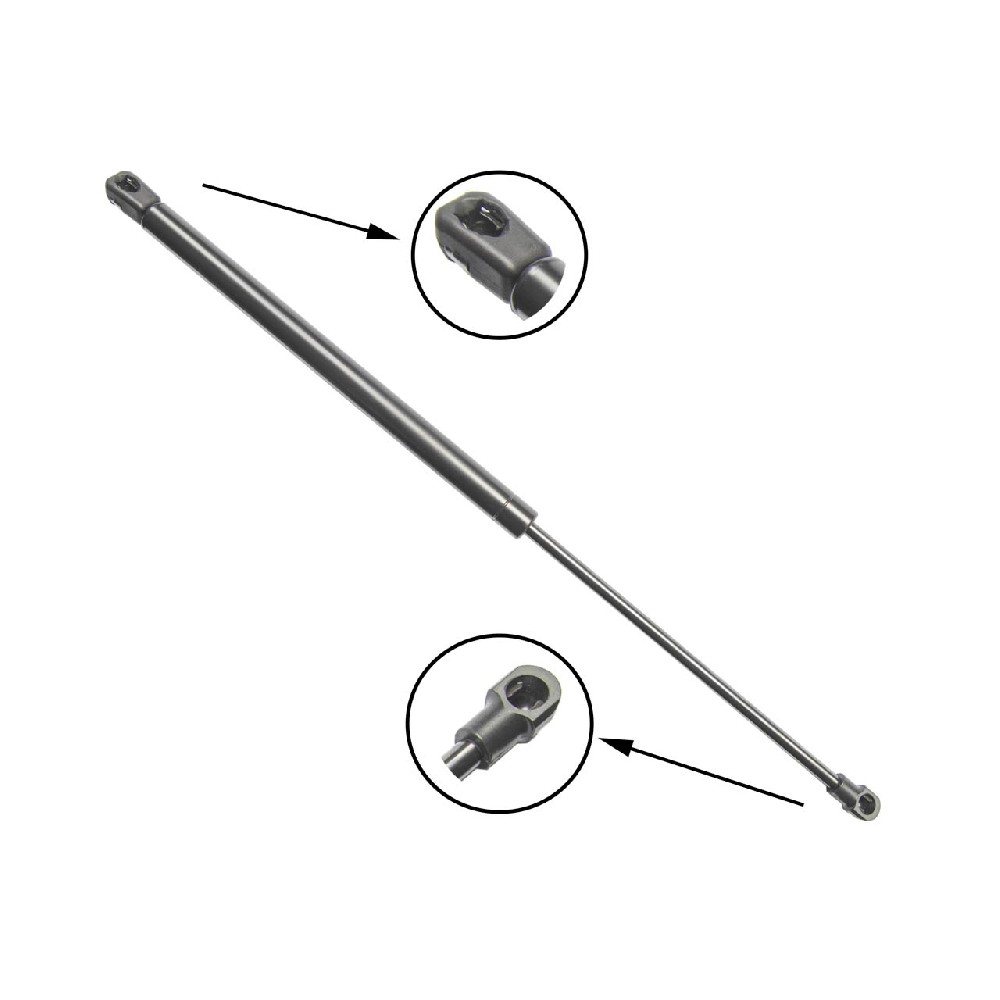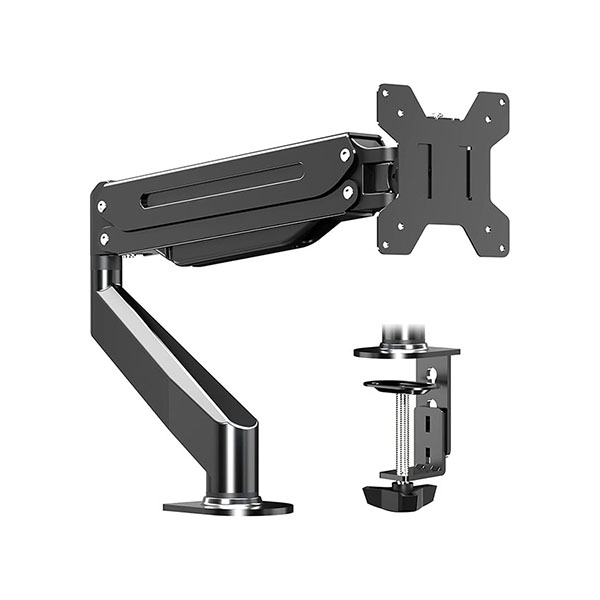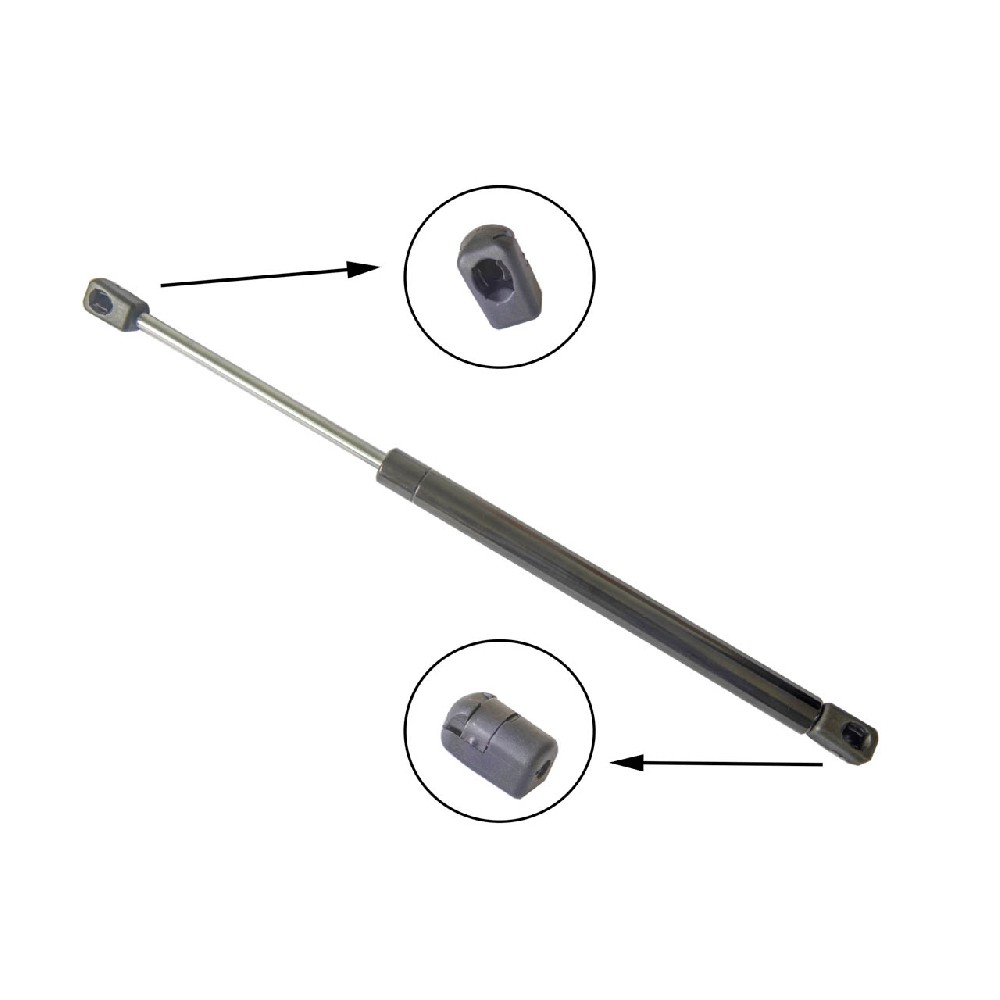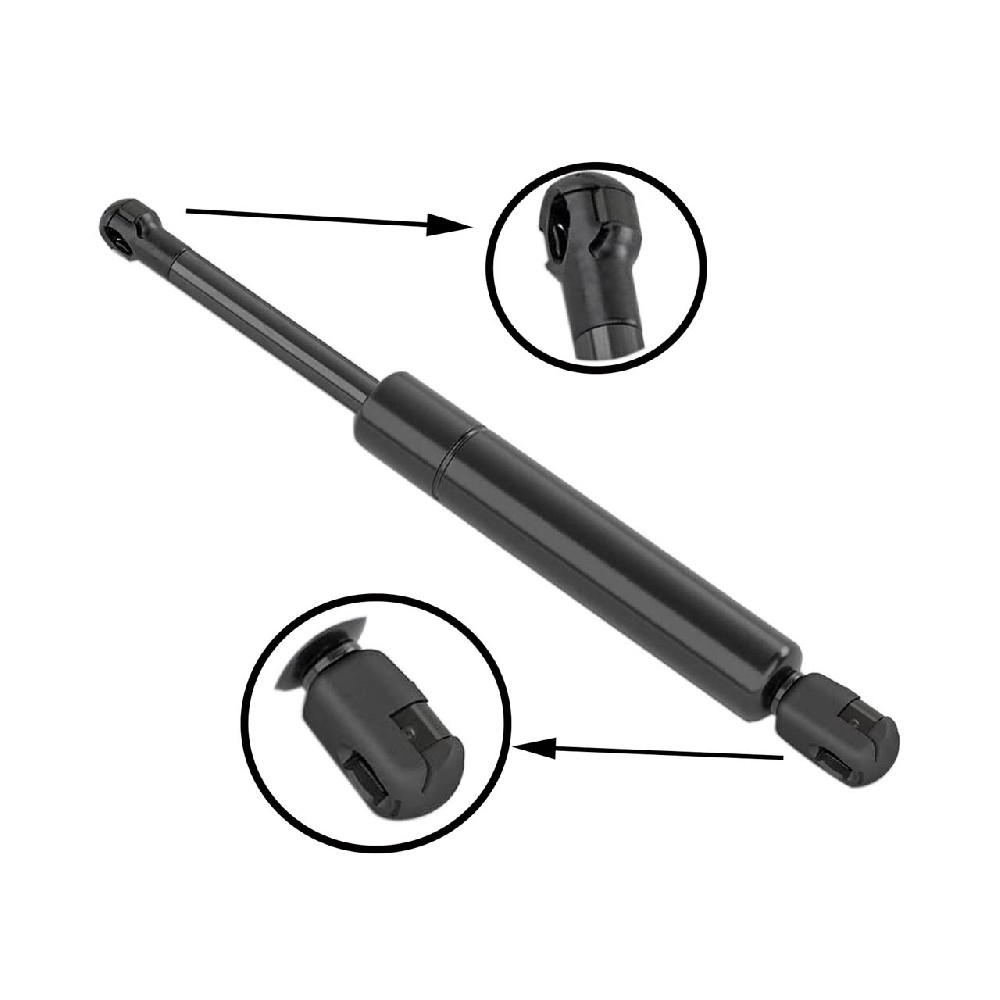
Gas Pressure Spring
A gas pressure spring, also known as a gas spring or gas strut, is a type of mechanical component that uses compressed gas to provide a pushing or pulling force. Damped gas spring consists of a cylinder containing pressurized gas (usually nitrogen) and a piston that moves in and out of the cylinder. The piston is attached to a rod that extends out of the cylinder and is used to apply force to an object.
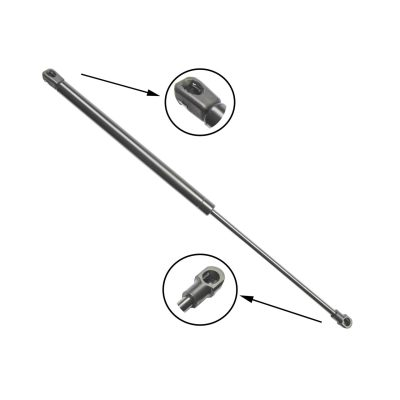
Gas pressure springs are commonly used in a variety of applications, such as automotive, aerospace, and furniture manufacturing, to provide lifting, lowering, damping, and counterbalancing forces. Telescopic gas springs telescopic gas spring are also used in adjustable chairs, hospital beds, and industrial equipment.
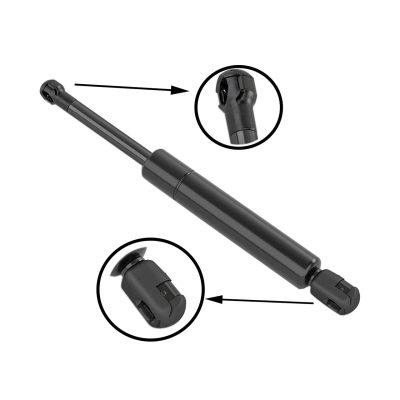
Gas pressure springs have several advantages over traditional mechanical springs, such as a more constant force throughout their range of motion, and the ability to be adjusted and controlled. They are also less likely to corrode or rust, making them more durable in harsh environments.
However, it is important to use gas pressure springs that are designed for the specific application, as overloading or improper installation can result in failure or injury.


